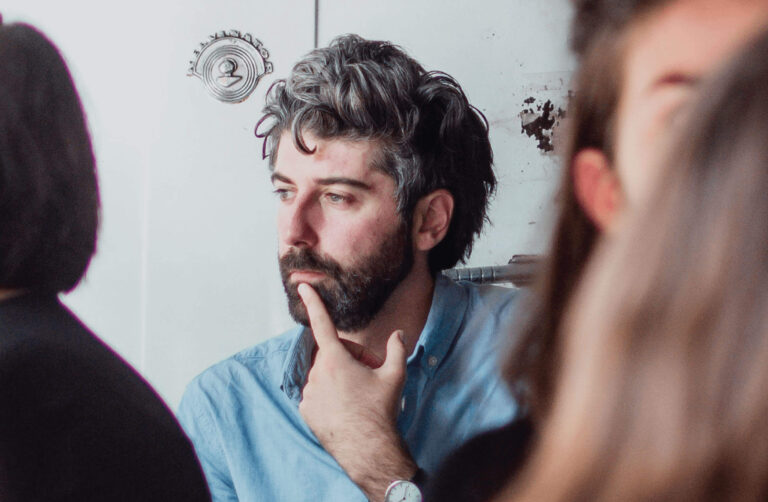Healing from Infidelity: Navigating the Challenges and Choices in Relationships
4-6 minute read.
What is the impact of infidelity on relationships? Exploring reasons why cheating occurs and offering advice on how to navigate the aftermath. What is the importance of communication and self-reflection? And what role therapy can play in helping make informed decisions about the future of the relationship.

My partner has cheated on me
Cheating can be a devastating act in a relationship that ends up hurting all parties. For many, it’s not the act of cheating itself that hurts the most, but the deceit and breach of trust that belies it.
I’ve seen many couples throughout my career who’ve been impacted by cheating. Some come to me having experienced cheating in their current relationship, have decided to stick it out, and are looking for ways to move forward together.
Some couples come to me looking for advice on what to do as at least one partner has hesitations about staying together. I never tell clients whether they should end their relationship or not, but I do help them reflect on what has occurred, providing a neutral ground for each partner to clearly express how cheating has affected them. I’ve helped clients communicate their wants and needs within their relationships.
If you’ve been impacted by cheating in your current relationship or if you’re looking for guidance on what to do if cheating does become an issue in your relationship, I hope this article is helpful.
Why does cheating happen?
One thing I’ve discovered working with couples over many years is that cheating rarely happens “just because”. There is almost always an underlying factor that caused the cheater dissatisfaction in their relationship. For some who cheated, they had been unhappy with their relationship for a while and used cheating as a form of escapism. Others have said they feel they’re “missing” something from their partner – whether that is sex, emotional engagement, or attention – and search for this somewhere else.
In some instances, the cheater has been through a major life event such as death, loss, or injury, and the trauma has impacted the way they think about their relationship. The cheater may not feel that they’re receiving the right kind of support from their partner, or may have simply reevaluated their life following the event.
What to do when someone has cheated
The first piece of advice I usually give to people who have experienced cheating is take your time. Cheating is a big deal and getting through it takes a lot of emotional labour. Give yourself time to think about what you want for yourself and what you want for your relationship. Don’t feel pressure to resolve things as quickly as possible; work out short-term goals to help yourself feel better but wait until you’re ready to deal with the big problems.
The next is to decide who you want to know and what you want them to know. You and your partner will have friendships and family connections in common, so which people should you tell and how would it benefit you? Different people will have different opinions and possibly different agendas, and if you later decide to stay together and work on your relationship, you may not want everyone to know about the cheating.
When it comes to the act of cheating itself, how much do you want to know? Will it be helpful to you to know all the small details or would it hurt more?
What happens next?
Once you’ve given yourself time to deal with the emotional fallout of cheating, you will have been faced with the decision of whether to stick it out with your partner or not. If you do decide to stick it out, there’s one thing that’s more important than anything else: communication.
Clear, open, and honest communication is important at all stages of a relationship, but especially when trust has been broken. You and your partner need to set your expectations for the relationship with each other from the start, and have regular check-ins to ensure your needs are being met.
Clarify the boundaries of your relationship. It’s important that both of you agree on what constitutes cheating and this may have changed since the incident occurred.

What happens next is entirely up to you and your partner.
Ultimately, only you are going to know what the next best step is if you’ve been impacted in your relationship. What happens next is entirely up to you and your partner. But if you’re struggling with open and honest communication and think you could benefit from an impartial ear to guide your conversations, you may want to consider relationship therapy. Follow the link below to book or to find out more about our therapists and the areas they specialise in.
